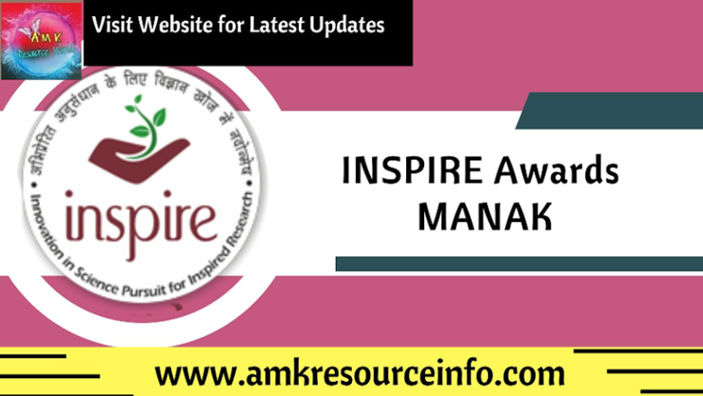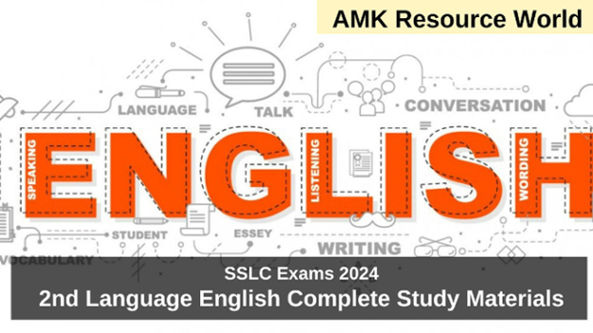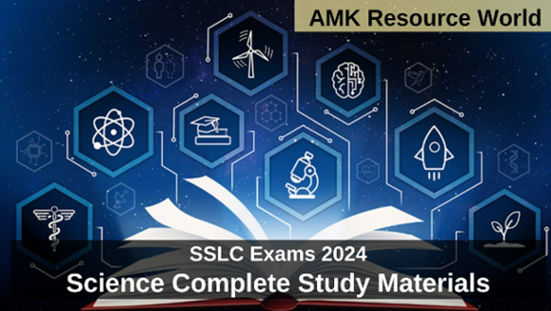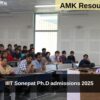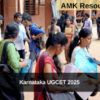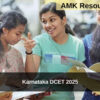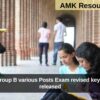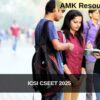For the year 2023 – 24 the Nominations for the Innovation in Science Pursuit for Inspired Research (INSPIRE) has been started, Schools can nominate till 31st August 2023, the Innovation in Science Pursuit for Inspired Research (INSPIRE) scheme is one of the flagship Programmes of Department of Science & Technology (DST), Government of India has been started
Each school can submit five ideas /innovation of students for Innovation in Science Pursuit for Inspired Research (INSPIRE), While each student can submit only one idea, While the Submission of same idea by many students of same school will automatically lead to rejection of all entries of that school, Some of the Sample Ideas / innovations for Competition are listed for reference
SMAPLE Ideas / Innovations
Smart Bin for Waste Segregation: A smart waste bin that uses sensors to identify and separate recyclable materials from non-recyclable waste, promoting efficient waste management.
Bio-Inspired Wind Energy Generator: A wind turbine design to increase energy capture efficiency.
Telemedicine App for Rural Health Care: A mobile app that enables individuals in rural areas to connect with healthcare professionals for remote consultations, diagnoses, and medical advice.
Automated Plant Watering System: An automated plant watering system that uses soil moisture sensors and IoT technology to ensure optimal watering for indoor plants.
Accessible Learning Platform for Disabilities: Online platform that offers accessible educational resources for students with disabilities, catering to different learning needs.
Low Cost Air Quality Monitoring Device: A portable device that measures air quality parameters and provides real-time data to raise awareness about pollution levels.
Hydroponic Farming Unit for Urban Spaces: A compact hydroponic system that enables urban dwellers to grow fresh produce indoors, reducing the need for large agricultural spaces.
Emergency Response Drone Network: A network of drones equipped with medical supplies, communication tools, and mapping capabilities to aid in disaster relief efforts.
Energy Efficient Cooling System: Energy-efficient cooling system that reduces electricity consumption while maintaining comfortable indoor temperatures.
Biomimetic Prosthetic Limb: Prosthetic limb design inspired by the movement and functionality of natural limbs, providing enhanced mobility for amputees.
Automated Traffic Management System: Smart traffic management system that uses AI and sensors to optimize traffic flow, reduce congestion, and improve road safety.
Interactive Science Education Kit: An interactive science kit that enables students to conduct hands-on experiments and learn fundamental scientific concepts.
Ocean Plastic Cleanup Device: A device that collects plastic waste from ocean surfaces, contributing to the reduction of marine pollution.
Elderly Assistance Robot: A robot that assists the elderly with tasks such as medication reminders, monitoring vital signs, and providing companionship.
Digital Farming Advisory System: A digital platform that offers personalized agricultural advice to farmers based on local weather conditions, soil health, and crop data.
Sustainable Building Material: A novel building material made from renewable or recycled resources that enhances energy efficiency and reduces environmental impact.
Water Conservation IoT Network: A network of IoT devices that monitor water usage in homes and provide real-time feedback to encourage water conservation.
Space Agriculture System: A self-sustaining agricultural system for growing crops in space, contributing to future space exploration and colonization efforts.
Automated Plant Monitoring and Care System: A device that monitors plant health by measuring soil moisture, light levels, and temperature. The device could automatically water plants when needed.
Smart Trash Can for Waste Segregation: A smart trash can that uses sensors to sort recyclable and non-recyclable waste, encouraging proper waste disposal.
Mobile App for Disaster Preparedness: A mobile app that provides information, tips, and alerts for different types of natural disasters, helping people prepare and stay safe.
Biodegradable Food Packaging: A biodegradable packaging materials to reduce plastic waste and environmental impact in the food industry.
Virtual Reality Learning Modules for Science Education: A virtual reality modules that make complex scientific concepts more understandable and engaging for students.
Community Air Quality Monitoring Network: A network of air quality sensors across a locality, allowing residents to access real-time data and take actions to improve air quality.
Electric Bicycle Conversion Kit: Convert regular bicycles into electric ones, promoting eco-friendly transportation options.
Smart Agriculture Drone: A drone equipped with sensors and cameras that can monitor crop health, apply targeted treatments, and gather data for precision farming.
Affordable Braille Printer: A low-cost Braille printer to make printed materials more accessible to visually impaired individuals.
Biogas Generation from Kitchen Waste: A system that converts kitchen waste into biogas for cooking and energy generation, reducing waste and promoting sustainable energy sources.
Urban Vertical Garden System: A modular vertical garden system that can be installed on urban walls to improve air quality and provide green spaces in crowded areas.
Biodiversity Tracking App: A mobile app that allows users to record and report sightings of plant and animal species, contributing to citizen science efforts.
Smartphone App for Local Cultural Heritage: An app that provides information and virtual tours of local historical sites, promoting cultural awareness and tourism.
Wireless Electricity Transmission System: A wireless power transmission system that can wirelessly charge electronic devices over short distances
Renewable Energy-Powered Streetlights: Streetlights that are powered by renewable energy sources like solar or wind, reducing energy consumption and costs
